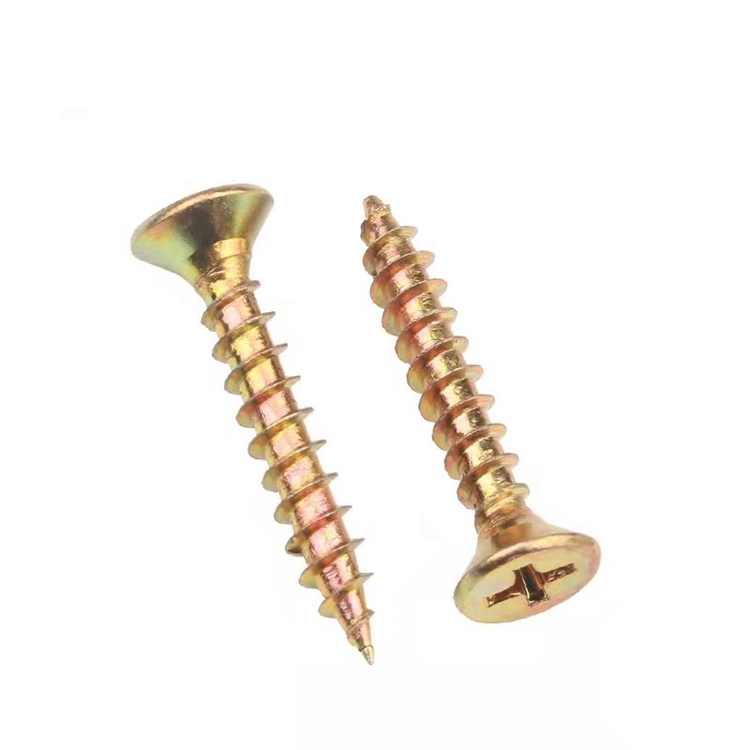High-Quality Stepped Washers Manufacturer | Precision Engineering Solutions
Sep . 04, 2024 23:43 Back to list
High-Quality Stepped Washers Manufacturer | Precision Engineering Solutions
Understanding Stepped Washers and Their Manufacturing Process
Stepped washers, often referred to as stepped spacers or stepped rings, are critical components in various mechanical assemblies. Their unique design allows for the distribution of load across a larger surface area, which enhances the stability and longevity of connections in diverse applications, such as automotive, aerospace, and machinery manufacturing. This article explores the significance of stepped washers, their manufacturing process, and the qualities that define a reputable stepped washers manufacturer.
Importance of Stepped Washers
Stepped washers serve several purposes in mechanical assemblies. Primarily, they provide a means to create an offset surface; this is particularly useful in applications where components need to be aligned at different heights. By using stepped washers, engineers can ensure proper alignment while accommodating variations in component thickness. Additionally, the design of these washers can help prevent damage to surfaces, minimize wear and tear, and facilitate easier assembly and disassembly.
These washers are often used alongside bolts, screws, and other fastening systems. Their design aids in load distribution, thus reducing the risk of failure at critical joints. Such reliability is paramount in sectors like aerospace, where component failure could lead to catastrophic results.
Manufacturing Process of Stepped Washers
The manufacturing of stepped washers involves several key stages, each of which is essential to producing high-quality, durable products. The process typically begins with the selection of appropriate raw materials, often stainless steel or other corrosion-resistant alloys, to ensure that the washers can withstand varying environmental conditions.
1. Material Preparation The selected raw materials are cut into sheets or strips according to the required specifications. This preliminary step is crucial as it defines the thickness and diameter of the final product.
2. Stamping The cut materials are then subjected to a stamping process, where they are pressed into the desired shape. This phase often utilizes custom dies to create the stepped profile of the washer. Precision is key during this step to ensure uniformity in each piece produced.
stepped washers manufacturer

3. Heat Treatment In many cases, heat treatment is applied to enhance the mechanical properties of the washers, such as hardness and tensile strength. Depending on the material used, this step can vary significantly and is crucial for ensuring the product can withstand the required operational stresses.
4. Machining Post-stamping, some manufacturers may employ additional machining processes to achieve tighter tolerances or specific features on the washers. This can include drilling, milling, or grinding, depending on the design requirements.
5. Finishing Finally, the washers undergo surface finishing treatments. This could entail coating for enhanced corrosion resistance, polishing for aesthetics, or even anodizing depending on the intended application.
6. Quality Control Throughout the manufacturing process, quality control is of utmost importance. Reputable manufacturers conduct rigorous testing to ensure consistency, reliability, and performance of the stepped washers.
Choosing a Reliable Manufacturer
When selecting a manufacturer for stepped washers, it is vital to consider several factors. Look for manufacturers that emphasize quality control and have a proven track record in the industry. Certifications such as ISO can be indicators of adherence to international quality standards. Furthermore, a manufacturer’s willingness to collaborate on custom designs showcases their dedication to meeting unique client needs, thereby ensuring that the final product is suitable for its intended application.
Conclusion
Stepped washers, though often overlooked, are essential components in many mechanical applications. Understanding their importance and the manufacturing process that creates these reliable tools can help industries make informed decisions when sourcing these vital parts. Choosing a reputable stepped washer manufacturer ensures that the products used in various assemblies are of high quality, thereby enhancing safety and performance in numerous applications.
Latest news
-
High-Quality Panel Stud Bolt Reliable Panel Stud Bolt Factory & Suppliers
NewsJul.08,2025
-
High-Precision Fine Thread Locknuts Manufacturer & Supplier Custom Solutions
NewsJul.08,2025
-
PH Imperial Stud Bolt – High Strength Fasteners from Leading Supplier & Factory
NewsJul.07,2025
-
High-Quality Allen Wrench Bolts Leading Factory, Company & Suppliers
NewsJul.07,2025
-
Wholesale Ball Stud Bolt - High Quality Supplier & Factory Price Reliable Wholesale Ball Stud Bolt Company
NewsJul.06,2025
-
High-Strength Alloy Bolts Manufacturer & Supplier Quality Alloy Fasteners Factory
NewsJul.06,2025
